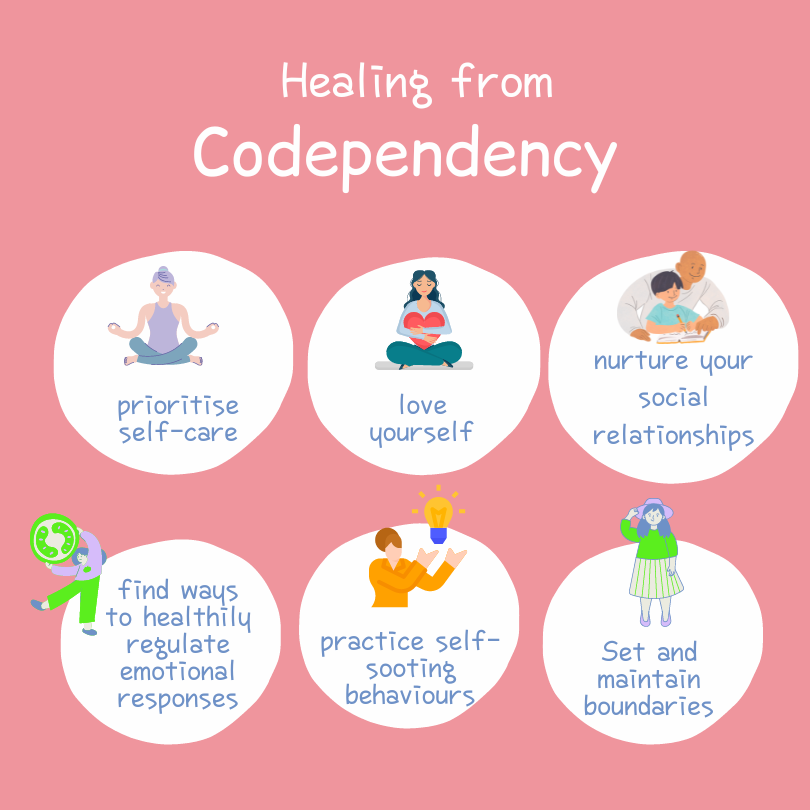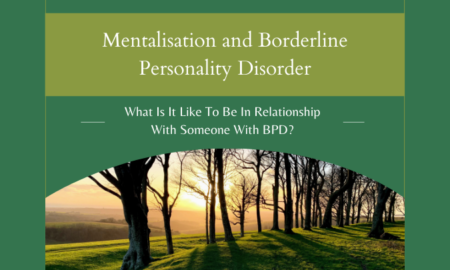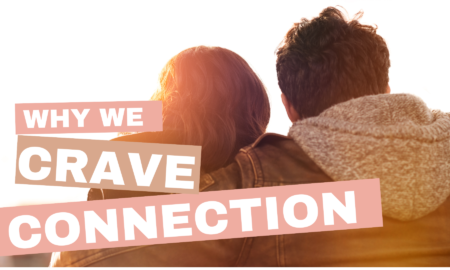Navigating the Maze of Codependency

Welcome, avid seekers of psychological insight, to a jump into the labyrinthine world of codependency. Within the intricate tapestry of human relationships, codependency weaves a subtle yet pervasive thread, often eluding detection until its profound impact manifests in distressing patterns.
So let’s jump straight in. Grab a cup of tea, get cosy, and let’s chat about what this tangled web looks like in relationships.
So, picture this: you’re in a relationship where you feel like you’re constantly walking on eggshells. Your happiness seems to hinge on the whims of your partner, and you find yourself bending over backward to meet their needs while neglecting your own. Sound familiar? Welcome to the world of codependency.
An Imbalance in Relational Dynamics
At its core, codependency manifests as an imbalanced relational dynamic wherein one individual’s sense of self becomes intertwined with another’s to an unhealthy degree. This fusion of identities often leads to a skewed power dynamic, with one party assuming the role of caregiver or rescuer, while the other adopts a dependent or passive stance.
In my own journey as a therapist, I’ve seen codependency wear many masks. It’s the partner who sacrifices their own needs and desires in a desperate bid to maintain harmony within the relationship, thereby perpetuating a cycle of self-neglect and emotional dependency. It’s the friend who always puts everyone else’s needs before their own, to the point of exhaustion. It’s the parent who enables their child’s destructive behaviour out of fear of losing their love. Codependency may manifest as enabling behaviours, wherein the codependent individual enables destructive patterns in others out of a misguided sense of duty or obligation.
The Unhealthy Reliance
But here’s the kicker: codependency isn’t just about being overly nice or self-sacrificing. It’s about an unhealthy reliance on others for validation and a sense of worth. It’s about blurring the lines between where you end and the other person begins, until you’re enmeshed in a tangled mess of emotions and expectations. Recognising codependency requires a nuanced understanding of the underlying dynamics at play, as well as a willingness to confront uncomfortable truths about one’s own patterns of behaviour. Psychotherapy offers a transformative space for individuals to explore the roots of their codependent tendencies, challenge maladaptive beliefs, and cultivate healthier relational patterns.
And let me tell you, recognising codependency isn’t always easy. And it’s a smack in the face when you see it. It’s like trying to see the forest for the trees when you’re knee-deep in the underbrush. But once you start peeling back the layers and shining a light on those hidden patterns, that’s when the real magic happens.
Therapy can be like having a trusty compass in this murky terrain. It helps you navigate the murky waters of codependency, guiding you towards healthier relationship dynamics and a stronger sense of self. It’s about reclaiming your autonomy, setting boundaries, and learning to love yourself fiercely, flaws and all. It’s a tough journey and finding a therapist with the compassion, potency and steadfast commitment to co-navigate is absolutely essential.
The Path to Freedom
So, if you’re feeling stuck in the quicksand of codependency, know that you’re not alone. Take a deep breath, reach out for support, and let’s navigate something different together. After all, the path to freedom begins with a single step.
You may also be interested in...

In a Relationship with Someone with BPD?
Being in a relationship with someone who has Borderline Personality Disorder (BPD) can be emotionally intense and, at times, confusing. You may experience moments of deep connection, only to be…

New Year, Fresh Start: How Reflection Fuels Personal Growth
As the New Year begins, many of us feel a renewed sense of purpose, setting resolutions that reflect our hopes for personal growth and change. While it’s true that committing…

Why We Crave Connection
In a world filled with digital distractions and constant busyness, it's easy to forget just how essential human connection is to our well-being. But the truth is, we all crave…

Couples Therapy: When is the Right Time?
Recently I had a conversation with a friend about couples therapy, what it involves and how it can help a relationship. "But it's usually for when things are pretty bad…

Building a Deeper Connection With Your Partner
Whether you've been together 10 weeks or 10 years, you might be at a comfortable stage of things with your partner but you're also wondering if things could be better.…

Navigating Couples Therapy When Your Partner Isn’t on the Same Page
Deciding to seek couples psychotherapy can be a significant step toward improving your relationship. When you opt for the modality of Transactional Analysis (TA), it demonstrates your commitment to understanding…
Ready to Make a Change? Book an Initial Consultation Today
If you have any questions at all about therapy or would like to make an appointment, get in touch. I will usually be able to respond to you within 24 hours.
